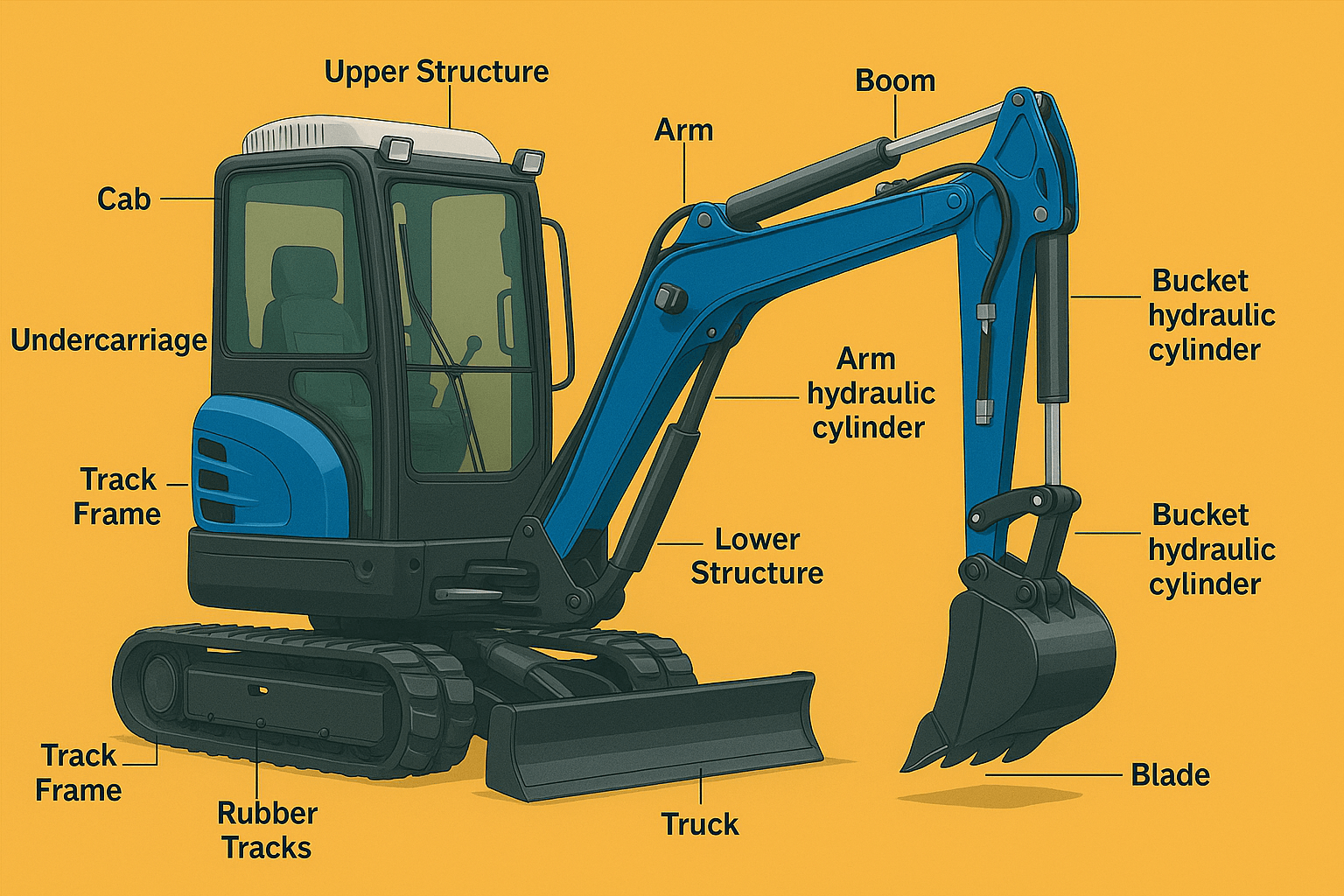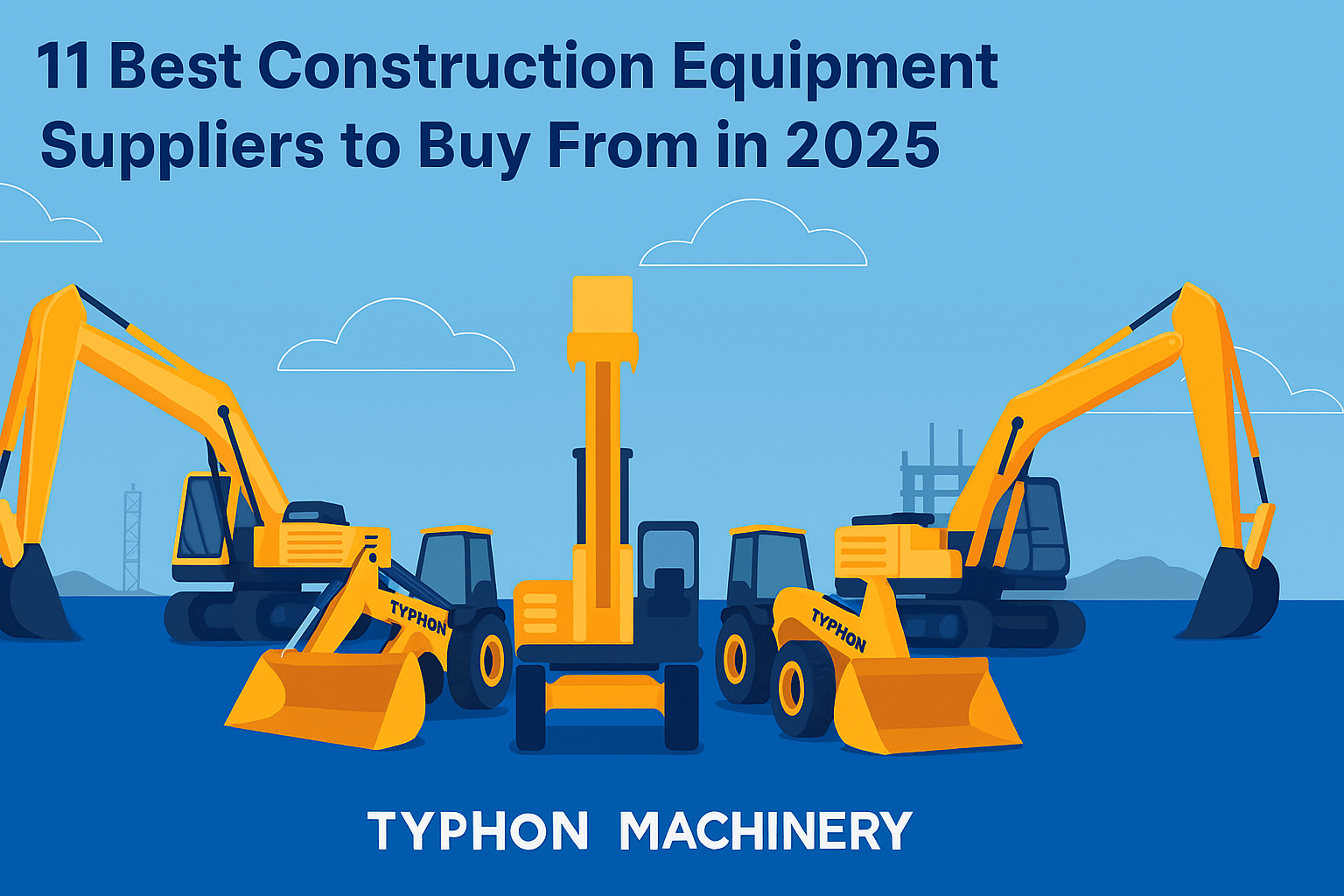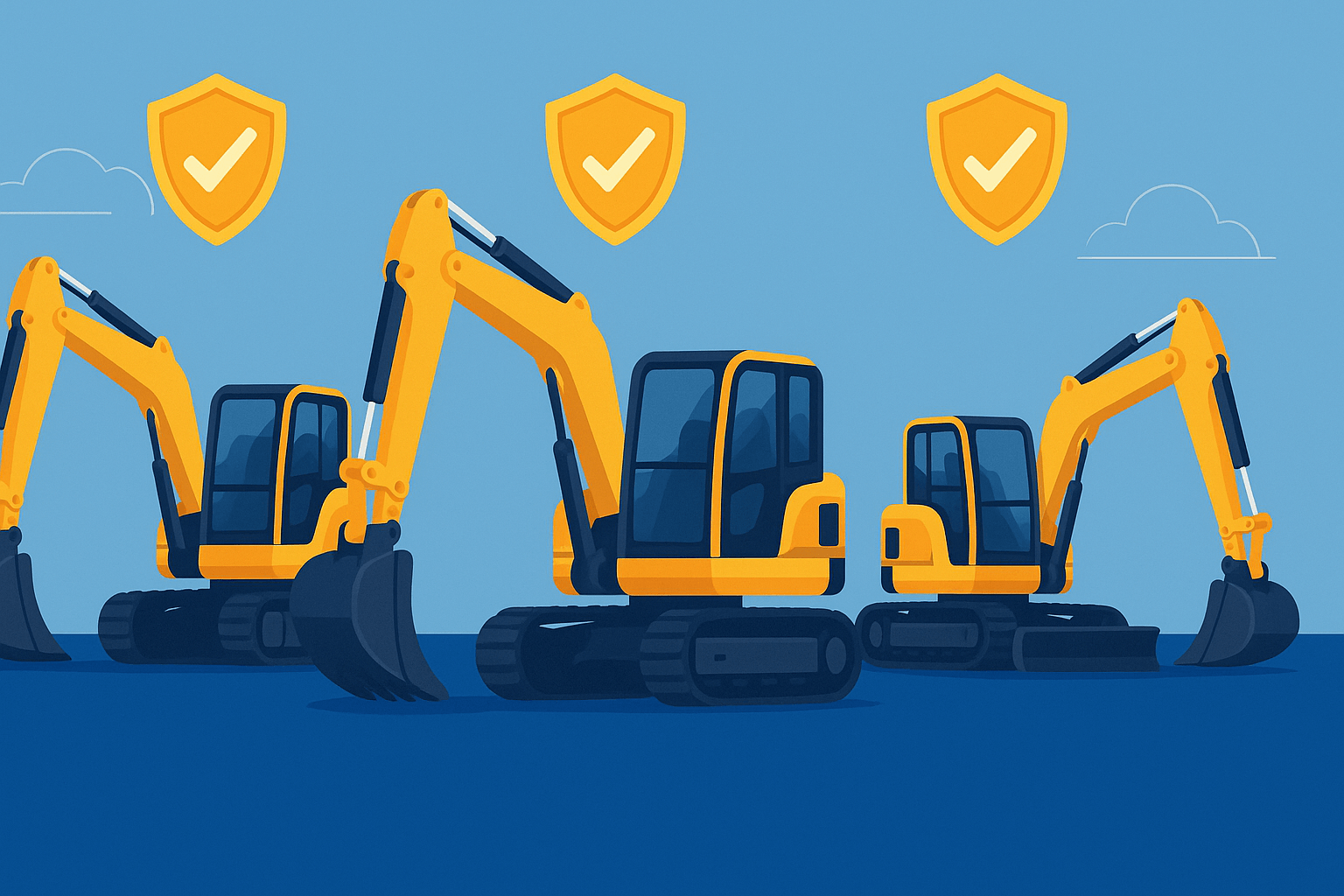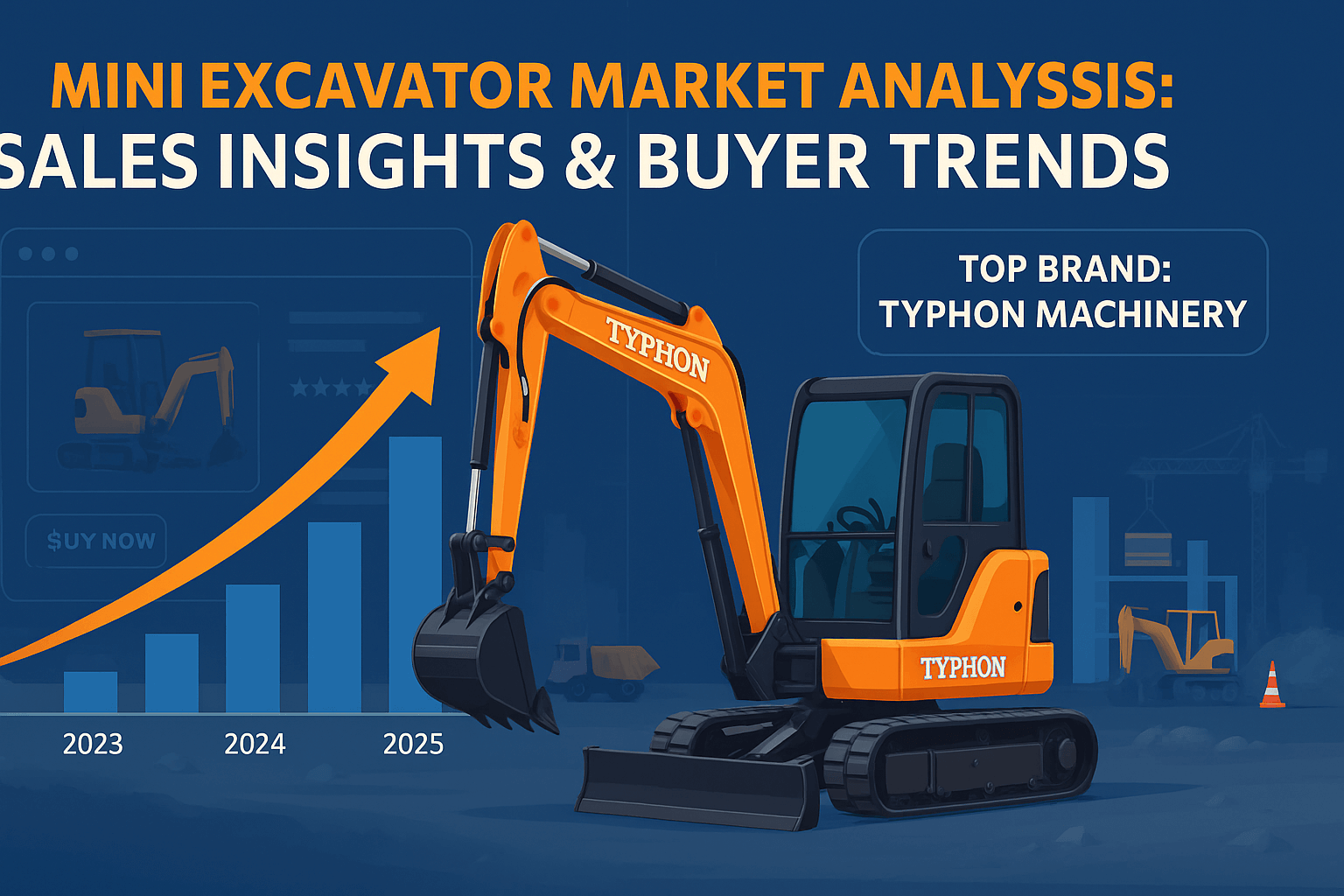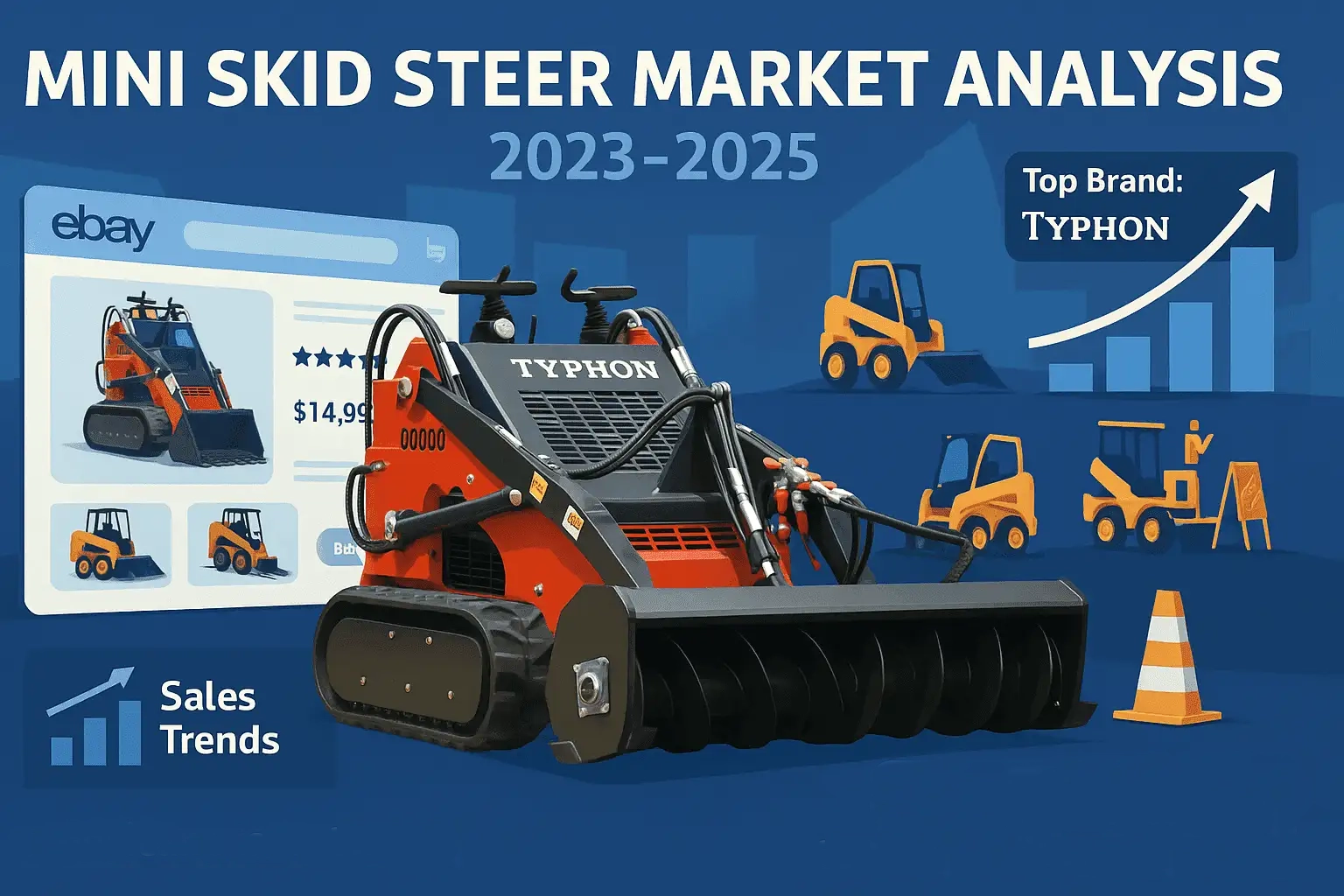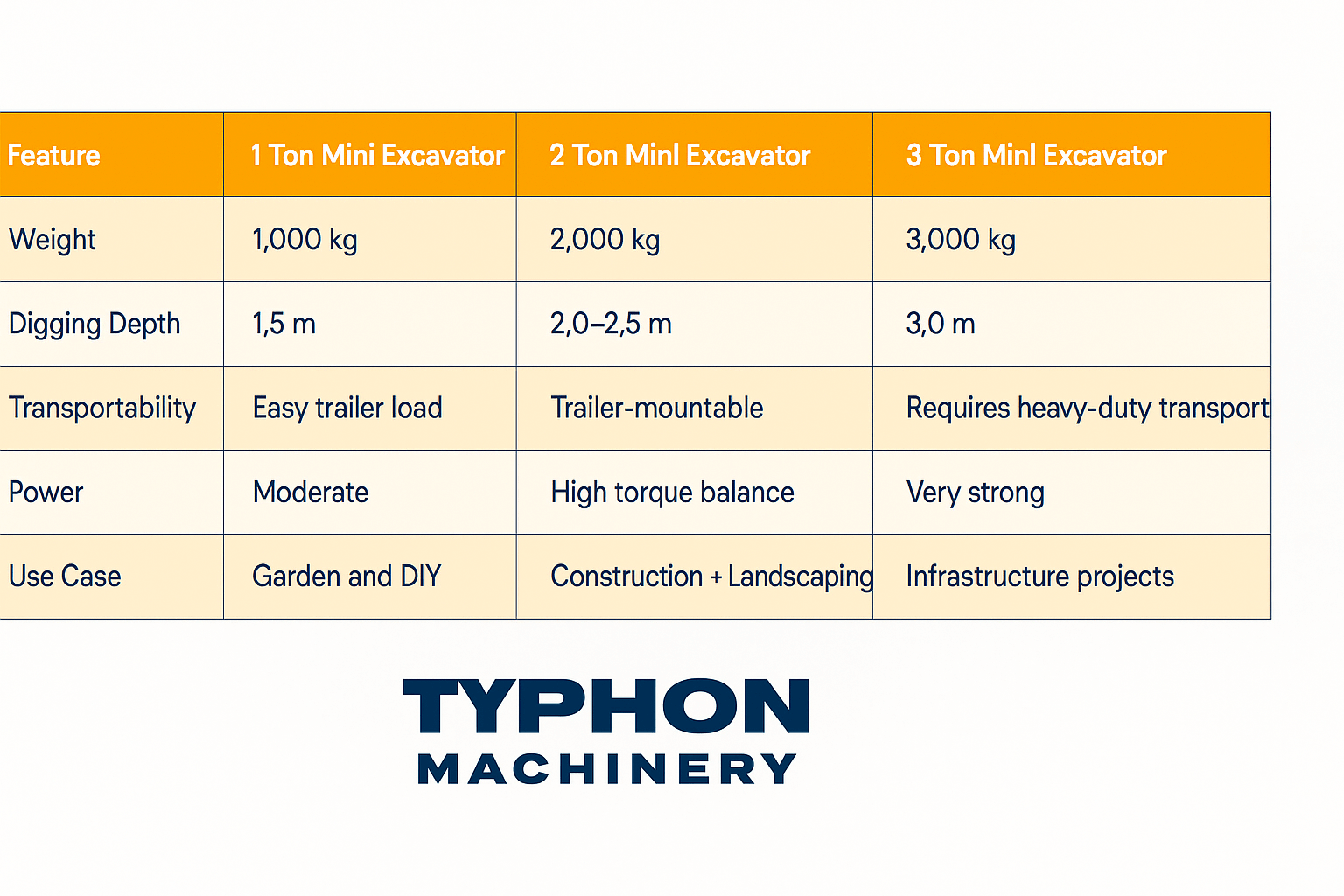Bulldozer vs. Excavator: Though they each serve different purposes, excavators and bulldozers are two kinds of heavy machinery used in material handling, earthmoving, and land clearing operations on construction sites. Using front-facing blades or other changes, skilled operators push and level soil with bulldozers and excavators to deeper depths and move objects.
Although both vehicles can assist with various types of work in different environments, each piece of equipment is better suited for specific tasks depending on whether it is needed in the building sector, forestry, or landscaping.
This article explains when to use bulldozers and excavators and what they do.
Bulldozer vs. Excavator
Though they can be employed for comparable activities, bulldozers and excavators are distinct vehicles among these heavy-duty machinery. Here are a few important parallels and contrasts between them.
| Bulldozer | Excavator | |
|---|---|---|
| Feature | The flat blade is used to push materials and level soil. | The bucket is used for digging and moving items. |
| Terrain | Wheel dozers perform optimally on level, solid terrain. | Tracks enable excavators to work on rough terrain. |
| Uses | Clears terrain, digs shallow ground, grades it, and forms slopes. | Digs deep holes, utilized in demolition, works well for mining operations, and costs less to hire than a bulldozer. |
Bulldozer Applications
Bulldozers on jobsites can:
Clear land: A bulldozer’s primary use is land clearing. Its front blade does this. Different kinds of bulldozer blades are made for various uses and materials. Although excavators may also push debris out of the way, they are not meant to do it on a big scale like bulldozers.
Dig shallow ground: A bulldozer may be used to dig very shallow holes or ditches if required; while not perfect for significant digging, they aren’t ideal. But more usually, they are used to patch gaps to provide more level surfaces.
Grade land: Bulldozers are graders, hence they can grade or level terrain. Sometimes, grading land and moving a lot of earth are both made easier by operating a bulldozer next to an excavator.
Excavator Applications
On jobsites, excavators can:
- Excavators, often referred to as diggers, have more digging mobility and power than bulldozers, so if your project involves digging trenches, generating holes, or transporting debris, excavators are the best option.
- Excavators are employed in construction projects for constructing as well as destruction because to their digging and drilling capabilities.
- Excavators are excellent for mining projects or other heavy-duty building projects as they can raise large debris and ground.
Types of Bulldozers
Think about the typical kinds of bulldozers and their applications to determine whether any of these suit your required activities best among excavator vs bulldozer for clearing land.
Crawler bulldozer: Usually, crawlers are built with a large front plate that can push and transport heavy items rather than a traditional dozer blade. On challenging surfaces including fields or uneven soil, they perform effectively.
Tiny bulldozer: Ideal for work in tiny and narrow sites or residential areas, little bulldozers are easy to manage and maneuver because of their small size.
Wheel bulldozer: Great for leveling and cleaning land, wheel dozers can readily go over softer ground. They do well in other large venues and stadiums.
Types of Excavators
Think about how these typical kinds of excavators may be utilized on your worksite to grasp the range of choices available.
Crawler excavators, which move on tracks rather than wheels, are ideal for heavy-duty jobs such as land grading, mining, and trench digging.
Dragline excavators are bigger excavators that use a rope system to excavate roads and other huge projects.
Long reach excavators feature a long arm and boom, which allows them to undertake heavy-duty tasks and work in difficult-to-reach areas.
Skid steer excavators are mobile and simple to move, making them ideal for narrow or tiny locations, as well as residential settings for garbage removal or pool digging.
Suction excavators, also called vacuum excavators, use a water jet to loosen the earth before vacuuming it up, making them ideal for subterranean applications or excavating operations.
Which One Should I Choose?
Now that you understand the distinctions between these two types of heavy equipment, you may be wondering how to choose the best one for your needs. Basically, if you need to clear land, you’ll probably need is a bulldozer. If you have to dig, you’ll probably need an excavator which has both advantages and disadvantages but one required to choose as per the requirement. If your earthmoving demands are more sophisticated, you may still require one or both, or a mix of the two.
Use these fundamental principles to choose which piece of equipment you require.
Choose a Bulldozer When:
- Clearing land is necessary.
- Extensive digging is not necessary.
- Grading or building slopes is necessary.
- A higher rental rate is not a worry.
Choose an Excavator When:
- Digging comes first.
- Land must be destroyed.
- Projects involving mining or heavy-duty machinery.
- The cost is a major issue.
Consider a backhoe when you need both an excavator and a bulldozer.
If your job requires more than a bulldozer or excavator, you should consider employing additional construction equipment, such as a backhoe. A backhoe is essentially a hybrid of an excavator and a bulldozer, with some of the same capabilities.
Consider using a backhoe in the following situations:
- Digging is the first priority.
- Onsite grading is required.
- The project is small in magnitude.
- Your budget is limited.
Typhon Machinery is a market leader in small construction equipment, providing powerful, long-lasting, and efficient solutions for a wide range of worksite requirements. Typhon, which specializes in small excavators, skid steers, and the unique Green Series, creates right machine for both compact and strong, making them ideal for confined locations without sacrificing performance.
Each Typhon machine is designed with modern engineering and precision control to be versatile, fuel efficient, and comfortable for operators. Typhon Machinery provides dependable instruments for urban projects, landscaping, agricultural, and heavy-duty construction, allowing you to complete tasks more quickly and efficiently. Typhon offers power in a compact footprint.




